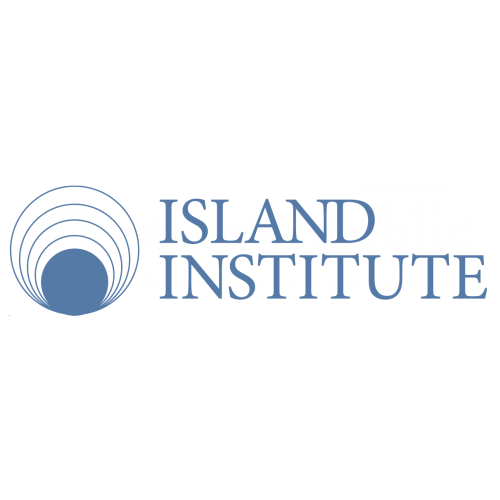
ROCKLAND, ME—The Island Institute today praised the report from the commission studying the effects of ocean acidification on Maine’s marine life and fisheries and called on the state and federal government to respond by enacting the recommendations contained in the report.
The report, released this morning, was approved unanimously by a diverse group that included fishermen, aquaculturists, marine scientists, regulators, and other stakeholders.
“Lobster is the fourth most valuable fishery in the entire country, yet we still don’t know enough about the effects of ocean acidification on lobsters,” said Nick Battista, marine programs director at the Island Institute. “Congress should take the recommendation of this panel and act quickly to fund this vital research. Thousands of Maine lobstermen and their families are depending on it.”
The report also recommends that the state of Maine fund the deployment of monitoring equipment so that marine scientists and regulators can better understand the current state of acidification in coastal waters.
“When you’re studying something as complex as ocean chemistry, there’s no substitute for good data,” said Susie Arnold, a marine scientist at the Island Institute and a member of the commission. “Getting monitoring equipment in the water is a crucial next step to help us understand what’s going on in our ocean and what we can do about it.”
The Island Institute also praised the panel’s diversity and urged continued work on the issue.
“It’s crucial that conversations about important scientific issues involve all stakeholders, including fishermen, harvesters, scientists and regulators,” Battista said. “We want to see a similarly diverse group consider the issue on an ongoing basis and recommend additional steps Maine can take moving forward.”